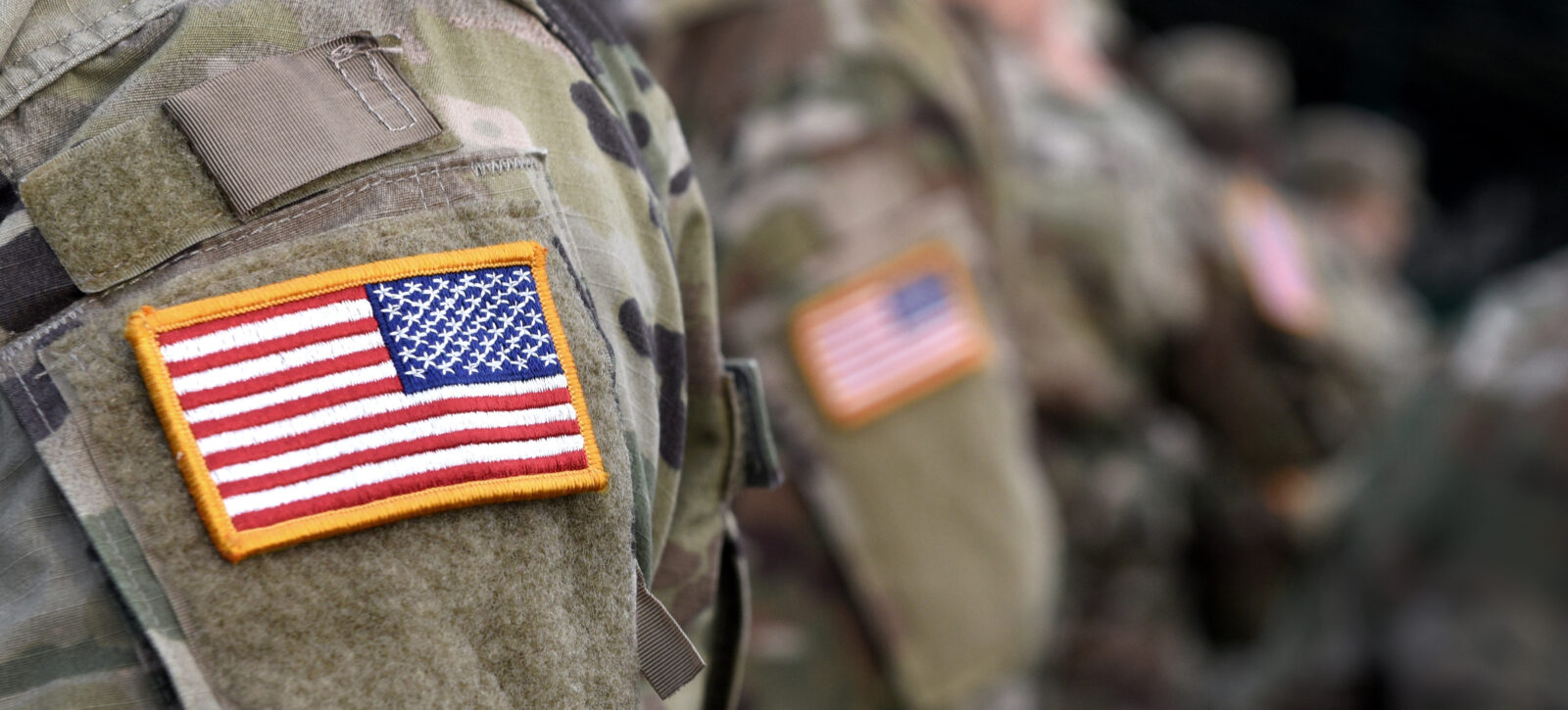but it was Adm. Boorda’s Navy
Originally published at The Washington TimesHistory teaches. Americans don’t much care for those words. To put it into the proper, psychologized, nonjudgmental vocabulary, we don’t “feel comfortable” with the notion that the past might have anything to tell us about our present conduct. When we wish to dismiss something as no longer worthy of consideration, we say, “That’s history.”
On May 16, 1996, Adm. Jeremy Boorda became history. Initial wire services reports of his suicide were quickly followed by dispatches about how President Clinton learned the news and how he felt about it — as though the two events were somehow commensurate.
The full story behind Adm. Boorda’s suicide may never be known. The pressures under which he served are well-enough known. The wearing of those “V” devices seems so trivial a reason for getting out the gun. Had the admiral been more a politician than a man of honor, he could have petitioned the Board of Correction of Naval Records, ostentatiously refused all preferential treatment, and let the BCNR (in its leisurely way) keep the case pending until the carrier fleet is retired.
But that’s history now.
Speaking of which, Adm. Boorda joins in history a certain Capt. Ernie Blanchard, U.S. Coast Guard. Last January, Capt. Blanchard told some allegedly sexist and unequivocally dirty jokes in a Coast Guard Academy speech. Some of the female cadets complained. They also launched a lawsuit. Official reprisal yielded to threat of court-martial. Capt. Blanchard shot himself.
But that’s history now.
Speaking of which, the historical record will reveal that, in the Aug. 15, 1994, issue of Time magazine, essayist Margaret Carlson concluded her piece, “One Woman’s Fight to Fly” with this sentence in re the U.S. Navy: “For the moment, perhaps the only way women can make their point is to take a few admirals down with the ship.”
When Ms. Carlson penned those words, she doubtless had no intention of suggesting that anyone, no matter how male chauvinist/piggy, should die.
But that’s history now.
Speaking of which, rather a few admirals, and future admirals, seem to have gone down with the ship. Adm. Boorda’s predecessor, Frank Kelso, victim of the infamous Tailhook scandal and the infamously inept cover-up-cum-internal inquisition. Adm. Richard C. Macke, after that idiot remark about how those rapists on Okinawa should have hired a prostitute instead. What even happened to Adm. Austin? Or that black captain who wrote those poems to his female subordinates? Remember Cmdr. Robert Stumpf, a decorated Gulf War pilot and former Blue Angel’s co in mid April, denied captaincy for merely being at Tailhook in (as one admiral put it to me) “a position where he was liable to be judged.”
But all that’s history.
Speaking of which, when history gets around to recording the travails of the U.S. Navy in the 1990s, it will note that the service, after performing a brilliant post-Cold War internal re-orientation and restricting itself to its own sexist shortcomings — all of which were greatly exploited by a feminism gone feral, determined to torment a male institution just to prove it could.
And perhaps history will record something else. If we’re lucky.
History teaches that, in any civilization, tensions simmer quietly, often for a long time, until some event or crisis catalyzes. Then things get intense and ugly; people get hurt. And then the burnout begins, and the shame sets in, and people try to put it behind them.
But the world’s no longer what it was.
Throughout the 1990s, a Salem witch hunt has gone on within the U.S. military — the Navy especially. The issue has been women. The wreckage of lives that litters the landscape reveals only part of the damage. Not readily visible are all the people who left rather than endure the witch hunt. Men and women. But it would be foolish to blame only the feral feminists, or even the Clintons. The National Organization forWomen ain’t that powerful. And presidents come and go. In the matter of this witch hunt, be it noted: Men–fearful, panic-stricken, desperate men–did this to other men.
The Salem Witch Trials signaled the end of the old Puritan dominance; the brutality of the persecutors revealed only their weakness and uncertainty. In like measure, I sense, the Navy’s ordeal of the 1990s symbolically signals the end of another dominance: that of men. The role of women in the military is still very much open to question. No one has any right to serve; no group should have any right to preferential treatment. But as far as the old patriarchy goes, the Navy’s ordeal might well prove a symbol of closure.
And, perhaps, it might prove symbolic of the beginning of another closure. The Navy’s ordeal is redolent of the power of feral feminism, also gone too far. It is not just that serious military women are the losers in this, that in self-protection men must now limit their contacts to the necessary, and, even so, conduct them in fear. It is that, throughout this civilization, feral feminism has (to adapt the epitaph of Justinian) made a desert and called it equality. History teaches that those who would purify civilization routinely end up c rafting tyrannies and reigns of terror. As the big problems yield, the petty ones assume their stature and provoke equivalent retribution.
It is my sense that, if we’re lucky, history will record that the death of Adm. Boorda, though perhaps not directly related to the feral feminist assault, showed clearly what’s starting to happen, and women and men of good will decide to back off a bit, for a while.
Then the sexists and the feral feminists both can slip into history.
